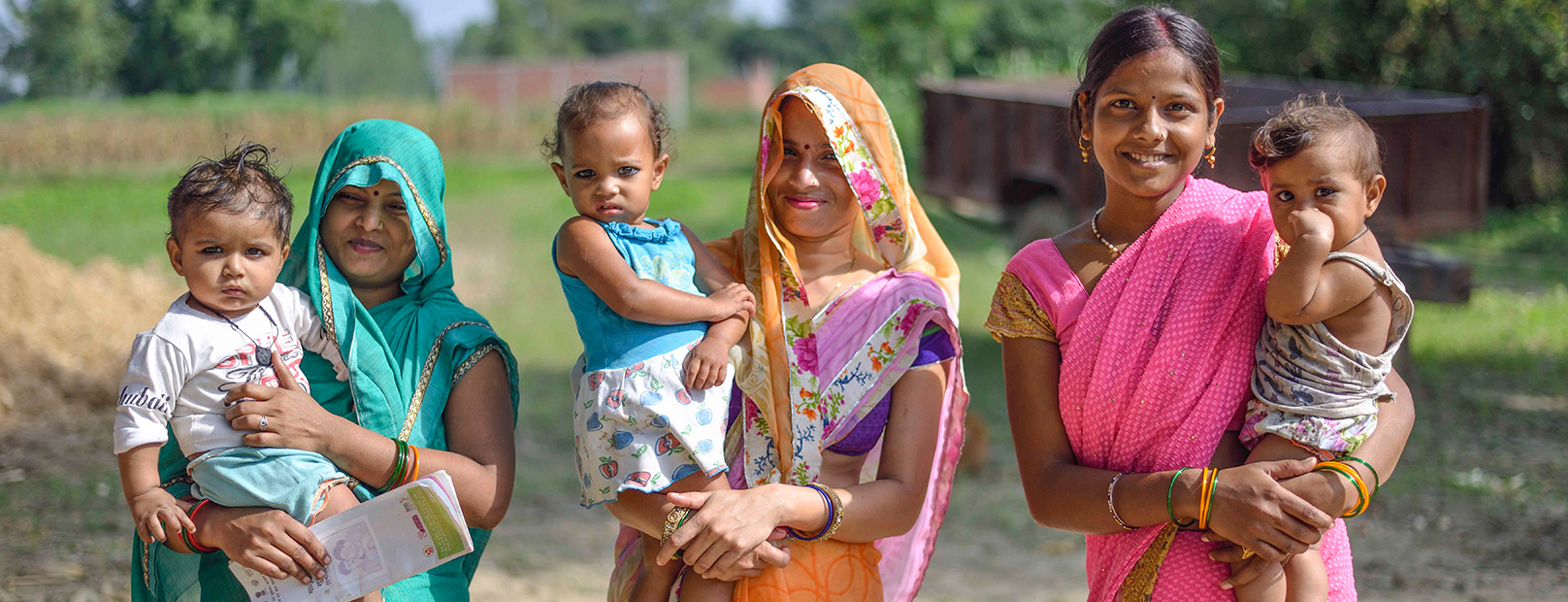- Home
- Themes
- Maternal and Child Health
- Global Scale for Early Development

The available evidence strongly supports that the first 1000 days (conception through age 24 months) and the period to the end of the third year of life, are foundational for brain development. In this project, children in the WINGS trial, under the ACT grant, are followed up to 24 months of age to assess their linear growth, with secondary outcomes i.e. neurodevelopment scores and developmental milestones.
Although the importance of early development has been well recognized globally, universal measures designed to quantify early child development) are lacking, particularly for the youngest children. Recently, a new tool termed as “The Global Scale for Early Development (GSED)” has been developed, with the overall intent to create a harmonized scale to measure child development in children under three years of age.
The GSED tools are currently being validated in a cohort of children against available psychometric tools through a rigorous and standardized exercise in six countries that are diverse in terms of geography, language, culture and income i.e., Bangladesh, Pakistan, Tanzania, Brazil, Ivory Coast, and The Netherlands. However, it will still be unknown how the GSED tools perform in an intervention trial setting, specifically in terms of their ability to detect intervention effects on developmental outcomes.
The proposed study aims to use the ongoing WINGS trial as a platform to test the GSED tools for their ability to detect effects of intervention on neurodevelopmental outcomes in children aged (6, 12 and 24 months of age). The integration of the GSED tools within the ongoing WINGS trial to help answer relevant question. The study will also provide an opportunity to understand the responsiveness of GSED tools (sensitivity) and validate it against standardized psychometric tools Ages and Stages Questionnaire 3rd Edition (ASQ-3) and Bayley Scales of Infant and Toddler Development- 3rd Edition (BSID-III) while detecting its intervention effects on neurodevelopmental outcomes. Further, this study will provide the prospect of collecting validation data from an additional diverse setting.